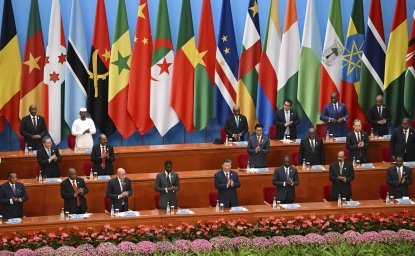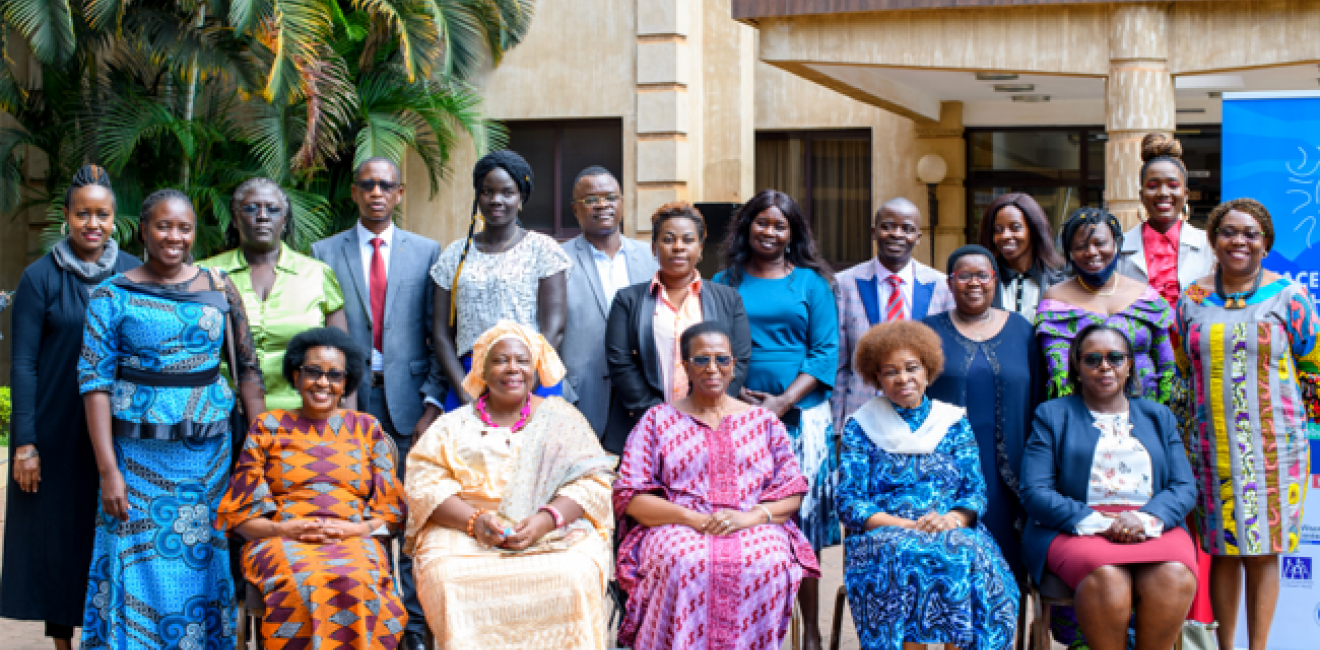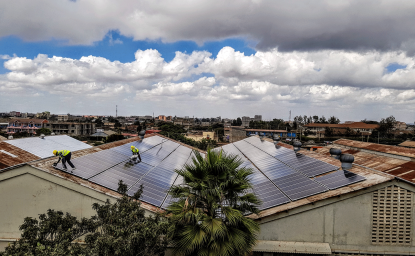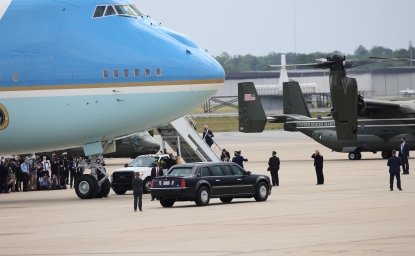
A blog of the Africa Program
From June 16-17, 2022, members of the Southern Voices Network for Peacebuilding (SVNP) hosted the Regional Policy Conference, "Peacebuilding in the Great Lakes Region," in Kampala, Uganda. The Women's International Peace Centre (The Peace Centre), the Centre d'Etudes pour l'Action Sociale (CEPAS), the Institute of Policy Analysis and Research (IPAR-Rwanda), and the Centre for Conflict Management (CCM) of the University of Rwanda co-hosted the conference.
The Great Lakes Region (GLR) has faced decades of violent conflict and a dearth of solutions effective at realizing peace. Dr. Helen Kezie-Nwoha, Director of the Women's International Peace Centre, noted, "In Africa, we continue to face war in Mozambique, DRC, Nigeria, and more countries. In DRC, we note the impact of the war on the population. Many are longstanding wars, and despite efforts in place, the wars continue. Today, we are gathered here to discuss alternatives to sustainable peace in the Great Lakes Region."
The conference set the context for many of the peacebuilding challenges in the region. Conflicts in the GLR are complex, multi-dimensional, cross-border, and, in some cases, multi-generational. Since the end of the Cold War, in particular, conflict has often been sparked and sustained over the control of resources but rooted in legacies of colonialism and overlain with questions related to nationality and identity, development challenges, and poor governance. As one noted during the proceedings, "The Great Lakes Region has not lived without war for the last 50 years. […]75 percent of almost 250 million people have never lived a day without war."
It also identified gaps and weaknesses in the typical peacebuilding approaches. Among them:
- Poor implementation and accountability concerning signed peace deals.
- Insufficient emphasis on proactively building the capacity of societies to prevent conflict and resolve root causes of conflict.
- Fragmented international engagement that focuses too much on symptoms, not causes.
- Lack of comprehensive conflict-ending frameworks.
- Peace initiatives that do not take the complexity of conflict into account at national, regional, and international levels.
- Overreliance on States and dependency on political will to the neglect of local communities and marginalization of women in peacebuilding processes.
With this context and gaps in view, the conference aimed to:
- Gain a deeper understanding of the root causes of conflict in the GLR and efforts to resolve them.
- Interrogate the role of different stakeholders in building peace in the region and reflect on their various approaches to peacebuilding.
- Assess the implementation of the various national and regional peace frameworks, and lessons learned and develop strategies for more effective regional peacebuilding approaches.
- Reflect on the current dynamic in the context of COVID-19 and its impact on peacebuilding in the region.
- Provide a platform to collaborate and network among regional SVNP members and policymakers.
Key Discussions and Outcomes:
Over two days of discussions and presentations with policymakers, members of civil society, and the private sector, the primary issues covered were:
- The Role of Regional Institutions in Peace Building in the Region: Challenges and Prospects;
- The Role of the International Community and Non-state Actors in Peacebuilding in the Region;
- A Review of the Implementation of Peace Agreements in the Great Lakes Region;
- The Women, Peace and Security Agenda in the Great Lakes Region;
- Re-imagining Peace Building in East Africa: Strategies and approaches; and,
- Policy Recommendations for Effective Peacebuilding in the Region
These discussions supported a deeper, more contextually grounded understanding of current challenges and peacebuilding efforts and fueled analysis of other approaches to better address the many regional drivers of conflict, among them: poor governance, violations of human rights and the rule of law, marginalization of members of society, ethnic tensions, poverty, and failure to invest in youth, which comprise the majority of the region's population.
Conference participants proposed policy recommendations for reimagining peacebuilding processes in the GLR toward a more inclusive, sustainable peace in the region.
Key Takeaways and Recommendations included:
- Top-down approaches to implementing peace agreements that do not sufficiently consult or include citizens in design and implementation do not advance peacebuilding.
- The African Union (AU) and Regional Economic Communities (RECs) should do more to ensure that local communities, women, and youth inform peace and security decisions.
- National governments and civil society should collaborate to amplify and advance citizen voices in peace and security decisions.
- Regional decisions, guidelines, and even peace agreements are not evenly applied or implemented.
- RECs would do well to monitor and support national governments in implementing agreements and localize an inclusive approach toward peacebuilding.
- The AU's peacebuilding work remains fiscally constrained, impacting implementation and accountability efforts.
- AU member states could do more to support AU peacebuilding efforts financially.
- The private sector should be engaged in contributing to the AU.
- Accountability to keep or implement peace agreements is lacking, negatively affecting progress.
- In their oversight role, the AU and RECs should operationalize efficient mechanisms to follow up and monitor peace agreement implementation progress.
- The AU and independent think tanks could collaborate on holding states accountable for their peace and security commitments, including strengthening citizen oversight.
Visit the conference's event page to view the full conference report, takeaways, and policy recommendations.
Photo Credit: The SVNP Peacebuilding in the Great Lakes Region Conference

Africa Program
The Africa Program works to address the most critical issues facing Africa and US-Africa relations, build mutually beneficial US-Africa relations, and enhance knowledge and understanding about Africa in the United States. The Program achieves its mission through in-depth research and analyses, public discussion, working groups, and briefings that bring together policymakers, practitioners, and subject matter experts to analyze and offer practical options for tackling key challenges in Africa and in US-Africa relations. Read more

Explore More in Africa Up Close
Browse Africa Up Close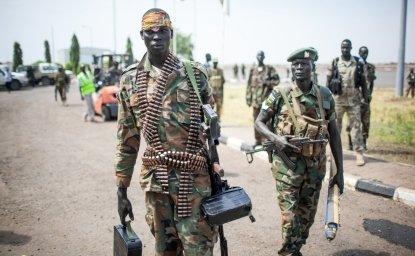
Conflict in Sudan: A Map of Regional and International Actors
